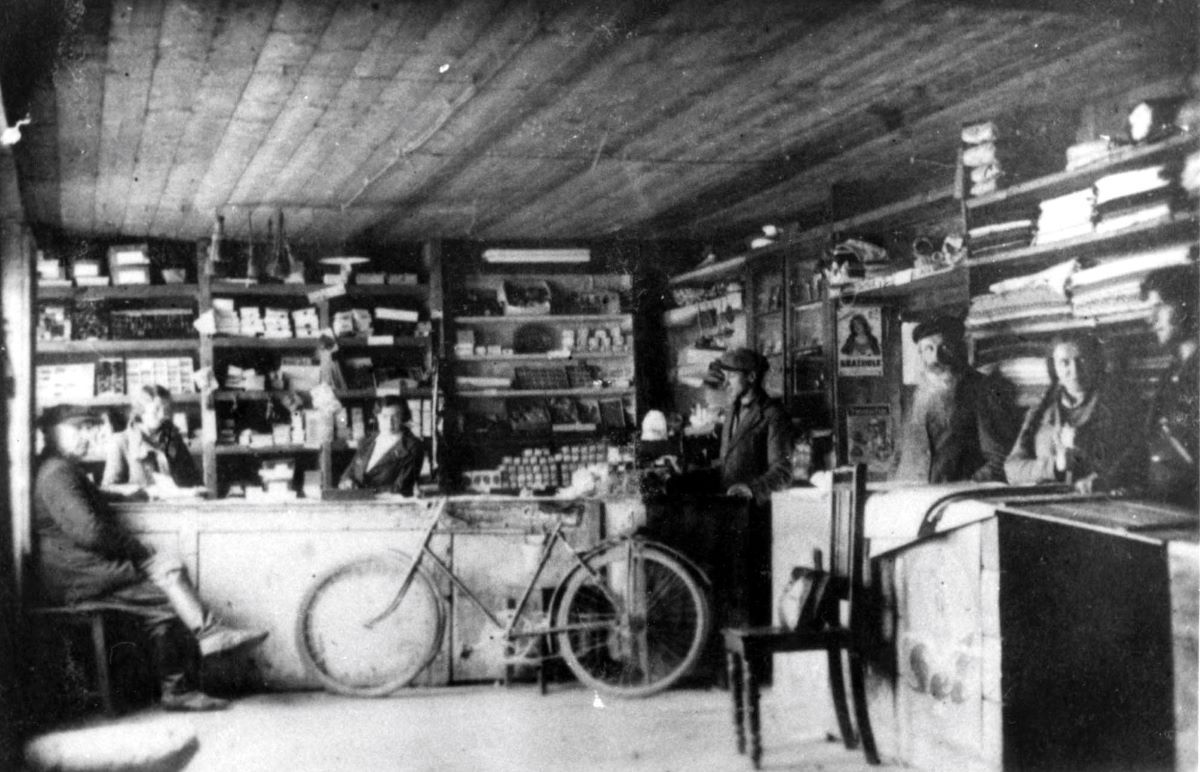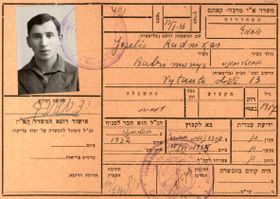Shtetl Shops


The Trust Economy
Who needed shopping malls when shtetls had bustling marketplaces? Around the central square, dozens of small shops offered everything—from everyday essentials like matches and bread to luxury cosmetics.
But these stores were more than places to buy goods. They were social hubs where people exchanged news, built connections, and strengthened relationships. Customers were likely greeted by name because the shopkeeper already knew them well. Loyal clients could even buy on credit. Trusting their neighbors, Jewish shopkeepers would simply jot down debts in a notebook, confident the payments would come.




